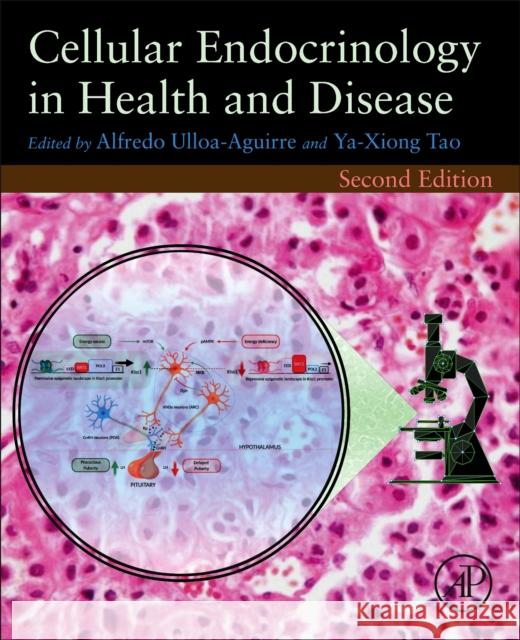Cellular Endocrinology in Health and Disease » książka
topmenu
Cellular Endocrinology in Health and Disease
ISBN-13: 9780128198018 / Angielski / Miękka / 2021
Kategorie:
Kategorie BISAC:
Wydawca:
Academic Press
Język:
Angielski
ISBN-13:
9780128198018
Rok wydania:
2021
Waga:
0.99 kg
Wymiary:
23.11 x 19.05 x 2.54
Oprawa:
Miękka
Wolumenów:
01
Dodatkowe informacje:
Bibliografia
Wydanie ilustrowane
Wydanie ilustrowane











